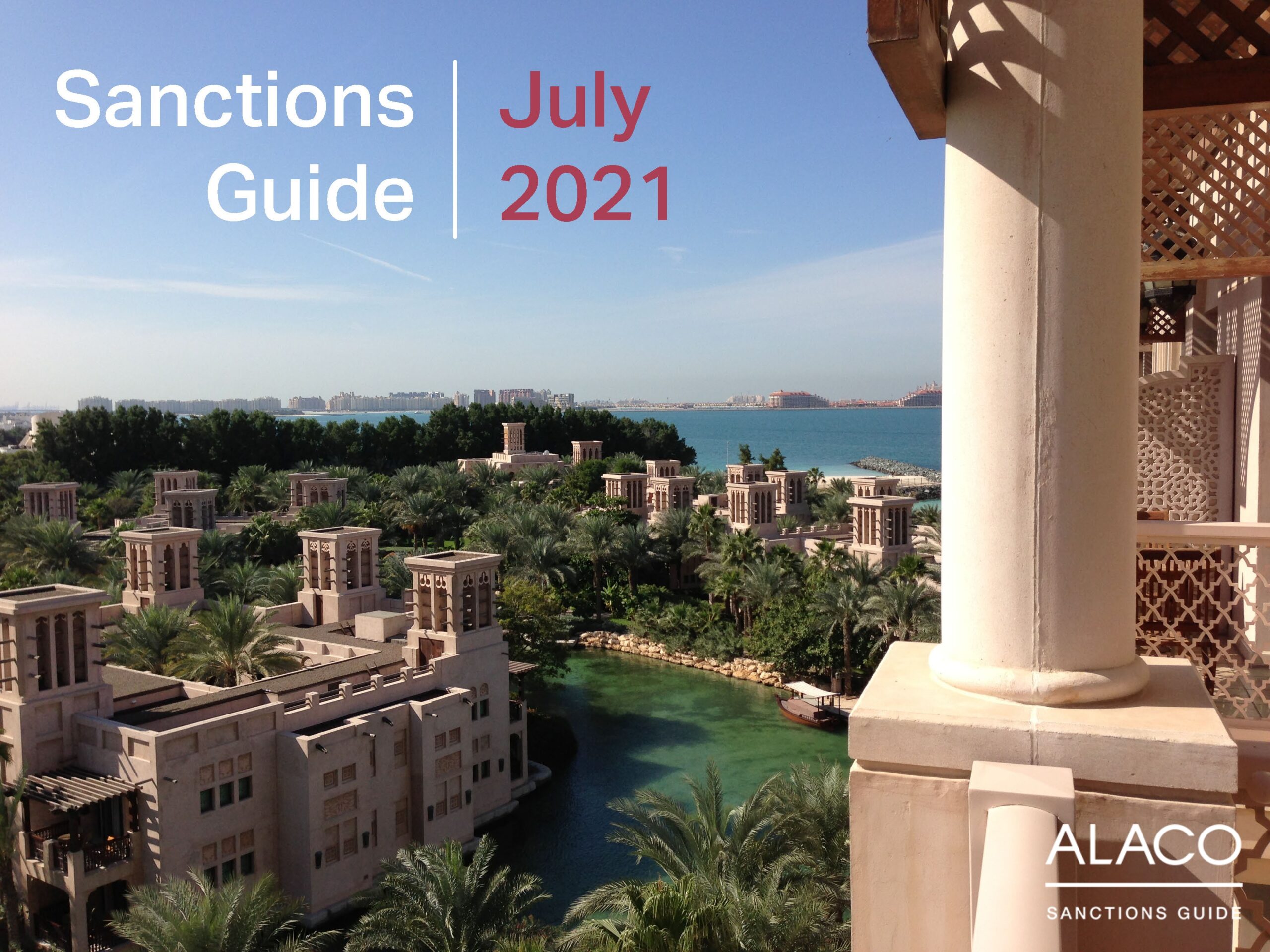Key sanctions developments this month include a commitment by the G7 member states to work together on implementing sanctions programs in relation to Belarus and North Korea, changes to OFAC’s Chinese sanctions, and the expansion of the US Western Balkans program:
- The G7 summit held between 11th and 13th June in Cornwall ended with a joint statement announced by the G7 states in which they committed to working together to impose sanctions on those responsible for the forced landing in Minsk of a Ryanair aircraft carrying prominent Belarussian opposition activist, Roman Protasevich. They also agreed to work towards implementing sanctions relating to North Korea’s weapons of mass destruction and ballistic missile programmes. Following the summit, the EU and US leaders announced their intention to “enhance cooperation in the use of sanctions to pursue shared foreign policy and security objectives” with a specific focus on ongoing JCPOA diplomatic talks in Vienna.
- Thus far the EU council has been the only relevant entity to enact new sanctions in respect of Belarus. On 24th June it published new council resolutions prohibiting an array of transactions that might facilitate improper activity by the Belarussian authorities. The new measures are focussed on preventing companies from supplying Belarusian government agencies with the means to monitor or intercept mobile communications.
- In the US President Biden has revoked executive orders passed by President Trump which prevented US companies from transacting with Chinese social media platforms TikTok and WeChat. He has expanded the scope of additional Chinese sanctions by issuing a new executive order “Addressing the Threat from Securities Investments and Finance Certain Companies of the People’s Republic of China”. This resulted in the designations of a further 59 Chinese entities.
- On 9th June 2021 OFAC announced the expansion of its Western Balkans sanctions regime. President Biden signed a new executive order effecting this expansion, implementing an asset freeze and imposing travel bans against persons deemed to be contributing to destabilising the situation in the region. The move was characterised by the US press as representative of the Biden administration’s desire to present itself as taking a more active role in advocating for democratic principles.
- The EU Parliament Foreign Affairs Committee has adopted a resolution calling for corruption to be added as sanctionable conduct under the EU Global Human Rights Sanctions Program. Adopted in December 2020, the program currently only targets people or entities deemed responsible for serious human rights violations.
- A US district court has dismissed a complaint filed by Russian oligarch Oleg Deripaska seeking to challenge his designation by OFAC. The court granted OFAC’s motion for a summary judgement after Deripaska alleged the US Department of the Treasury had made false allegations based on rumour and innuendo to support the sanctions.
- In Iran Ebrahim Raisi was announced the winner of the country’s presidential election on 19th Since November 2019 President-elect Raisi has been subject to a US asset freeze pursuant to OFAC’s Iranian sanctions program.
- Key OFAC designations this month include former Namibian ministers Bernhardt Esau and Sakeus Shanghala for their alleged involvement in a corruption scandal, Bulgarian businessman Vassil Kroumov Bojkov, a Guatemalan Congressperson, four Nicaraguan government officials, and a Houthi financier.


